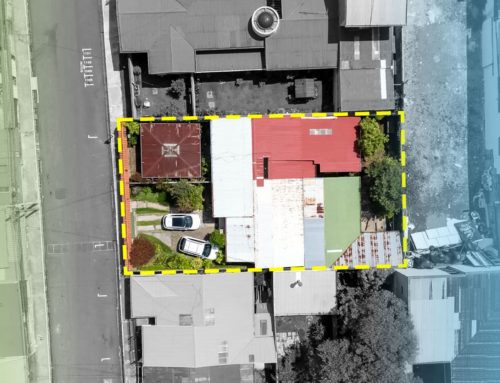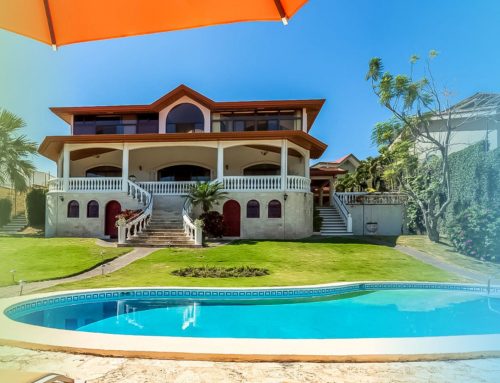In shopping centers, you will find many different types of stores, from those focused on entertainment to those that provide goods and services. Every business that manages its retail space knows that the success of its shopping mall relies on the right mix of tenants. A good mix will entice shoppers to spend more time in the stores during their visit.
In this article, you will know what types of stores you can find in a shopping mall.
The key to success is the variety of stores
In a shopping center, many stores find a place. The mixing of stores can determine the popularity of the mall. However, it is important to consider local demographics, the layout of other retail spaces, and other factors that may be of interest before planning what type of stores to open in your shopping center.
Likewise, the consumers’ behavior will also influence what type of tenants you should choose. If you have a good understanding of the local market, you can determine which types of stores will be placed in your shopping mall; at the same time, these elections are also marketing strategies.
Below, you can find 5 types of stores in a shopping center, these types were determined by MAPIC, thanks to their extensive experience in the shopping center market.
5 types of stores in shopping malls
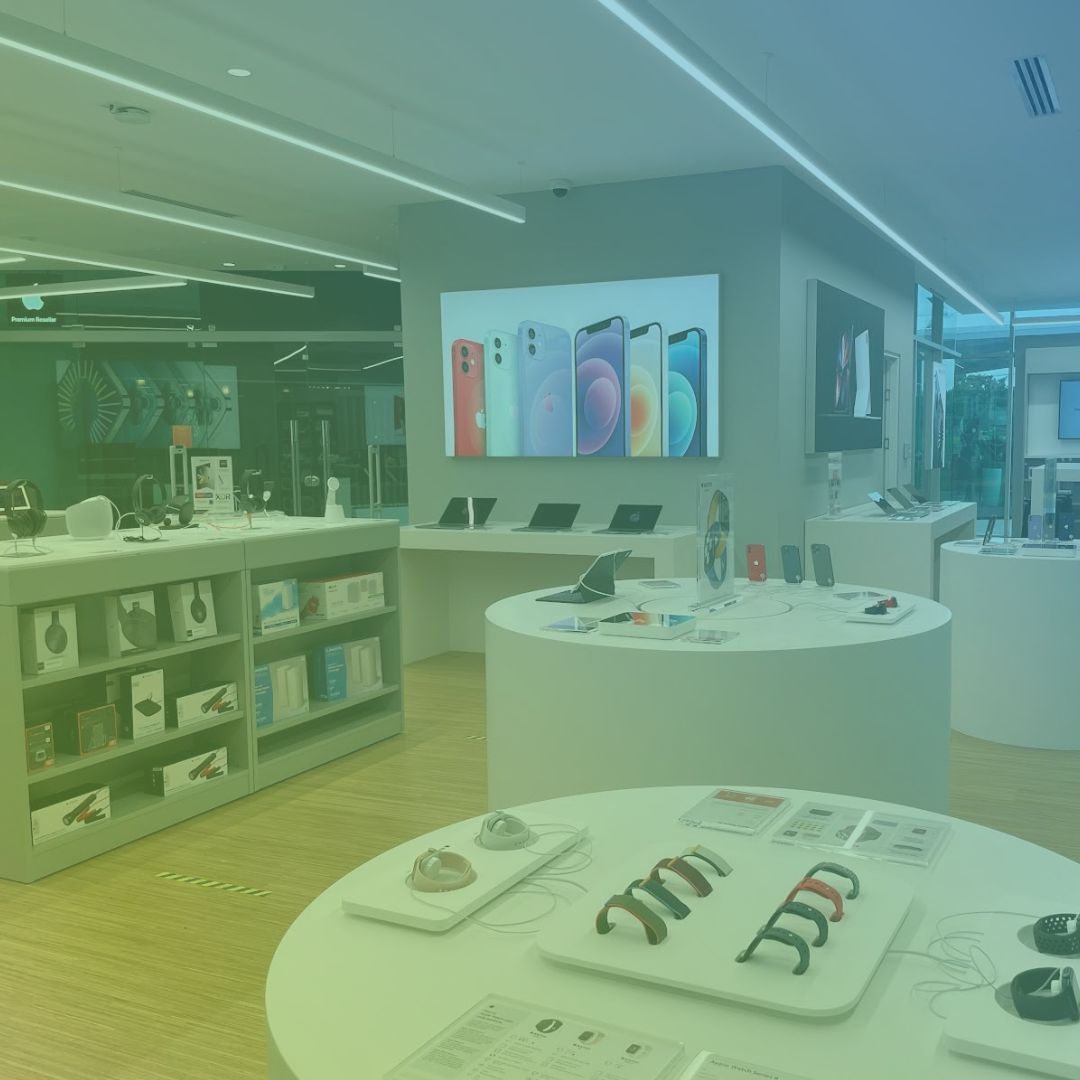
1.Anchor Stores
Stores that belong to large and well-known brands. This type of store is essential for any shopping mall because of it’s great power to attract visitors. A company dedicated to the management of stores should include some anchor stores within it’s range of tenants to attract consumers based on their popularity.
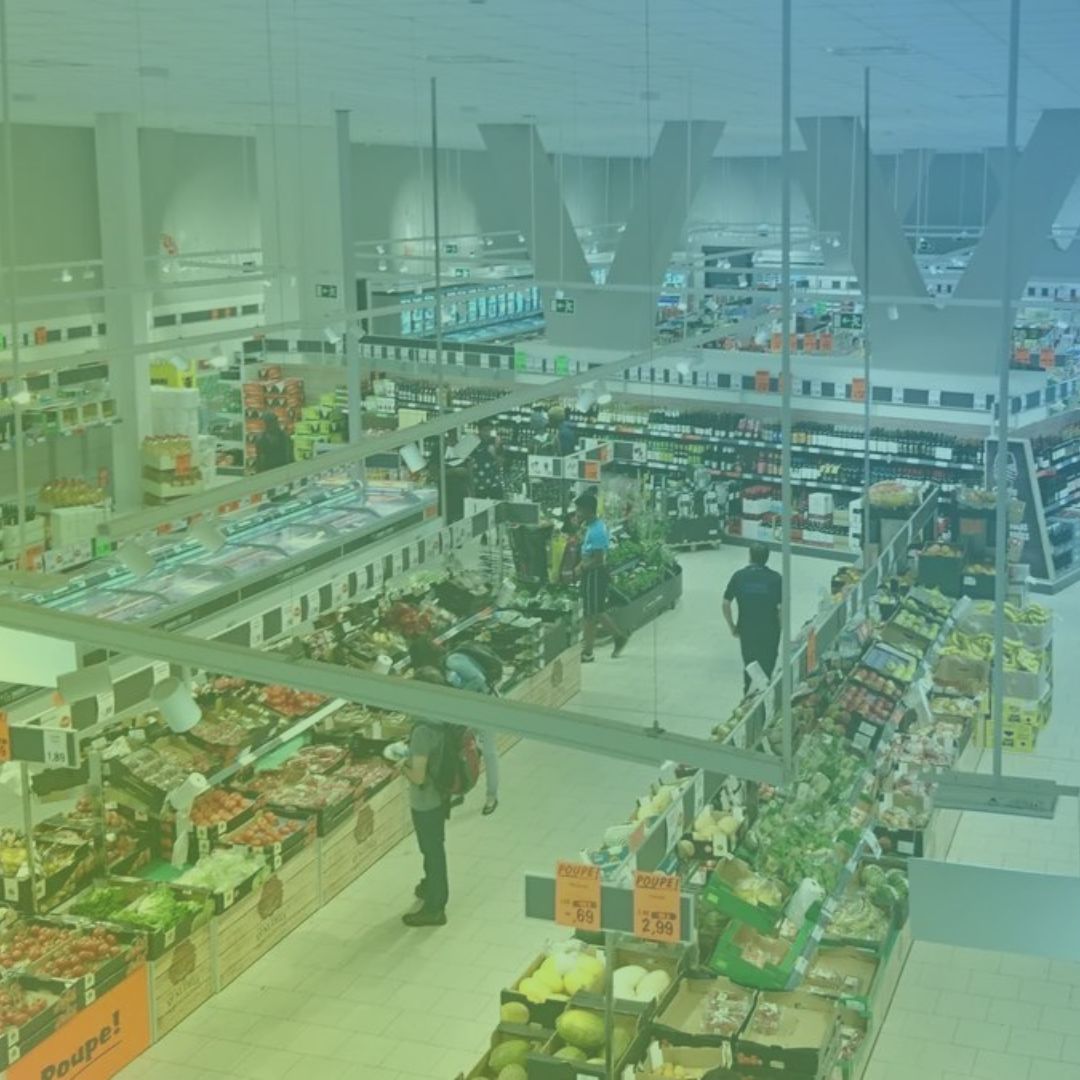
2. Convenience stores
Convenience stores are those that are responsible for supplying the needs of some buyers. These stores selling hygiene products, cosmetics, food, and clothing are some of the stores that fall into this category. They are ideal for ensuring an adequate offer for those who make quick purchases.
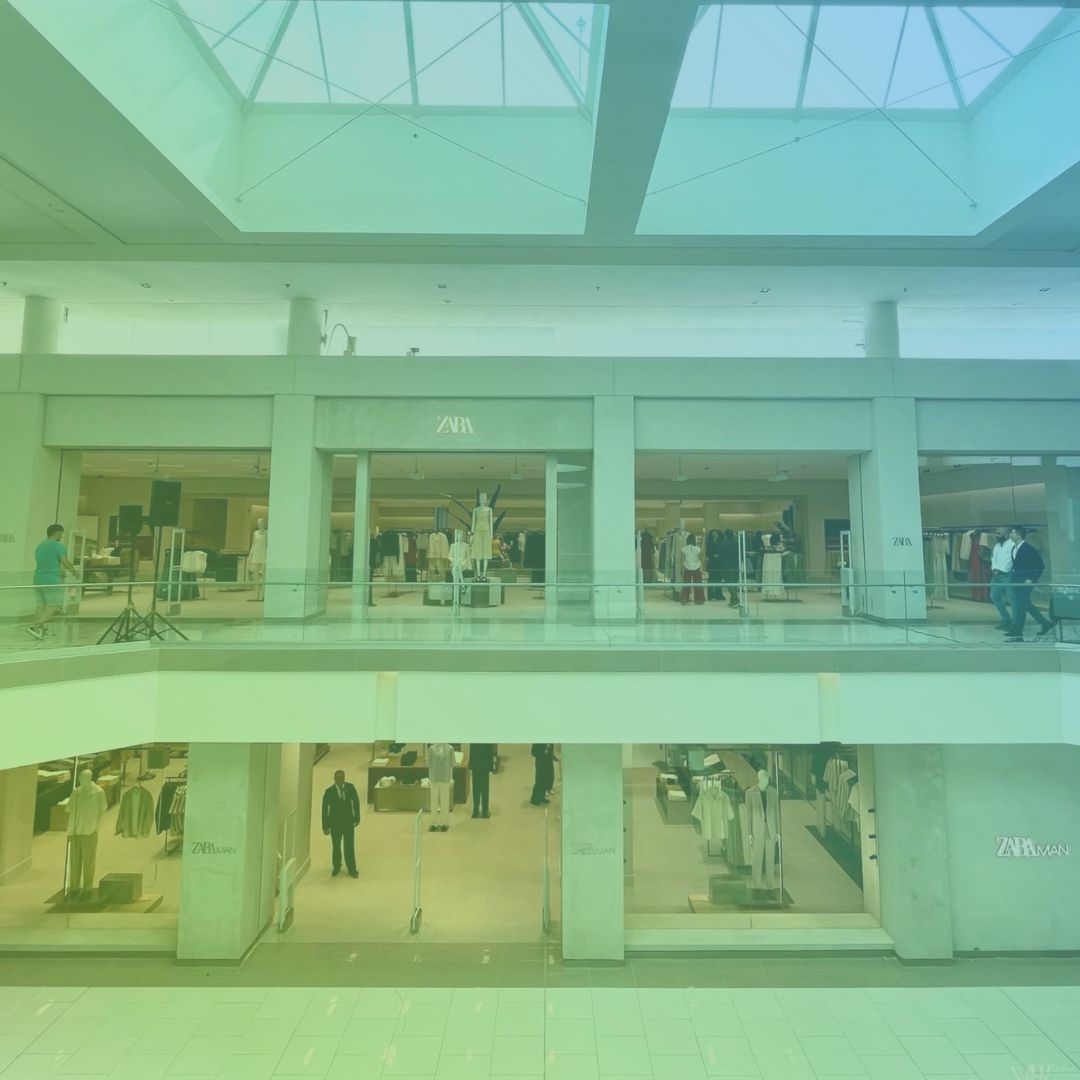
3. Flagship Stores
Flagship stores and anchor stores can be the same in some shopping centers. However, there are differences between the two. Flagship stores have the characteristic of taking the shopping experience one step further. Their change in layout, product offering, store technology, or brand experience makes this type of store surround itself with an aura of innovation and excitement.
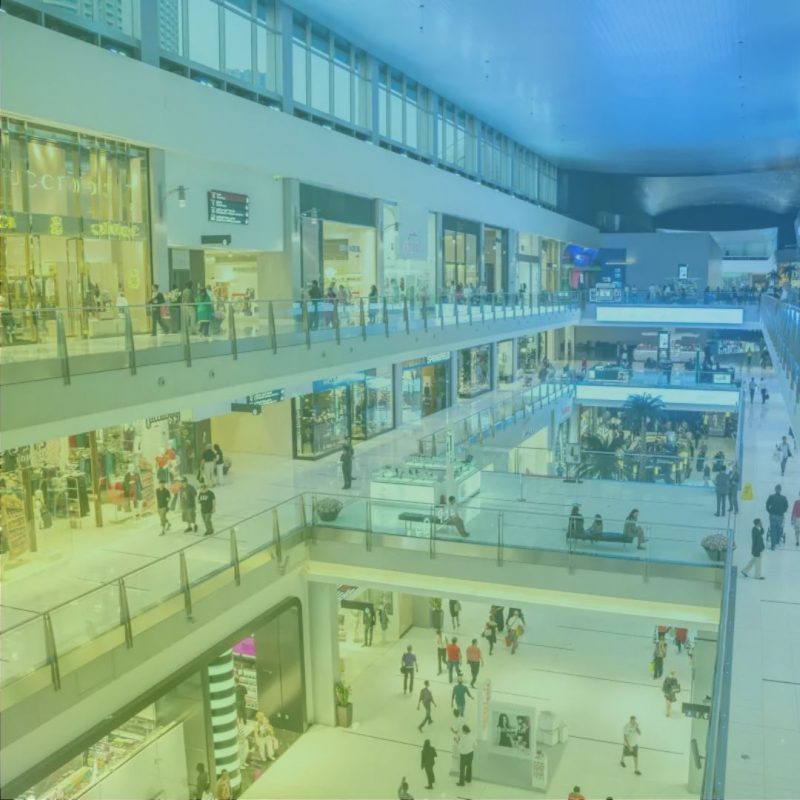
4. Omnichannel Stores
Omnichannel stores refer to those that have both a physical and online presence. These types of stores present the same level of service experience at any of their touchpoints. Omnichannel establishes coherent and consistent communication with customers through any of the channels you want to use. This means that having stores where customers can buy, you also have points where they can pick up the products they bought online.
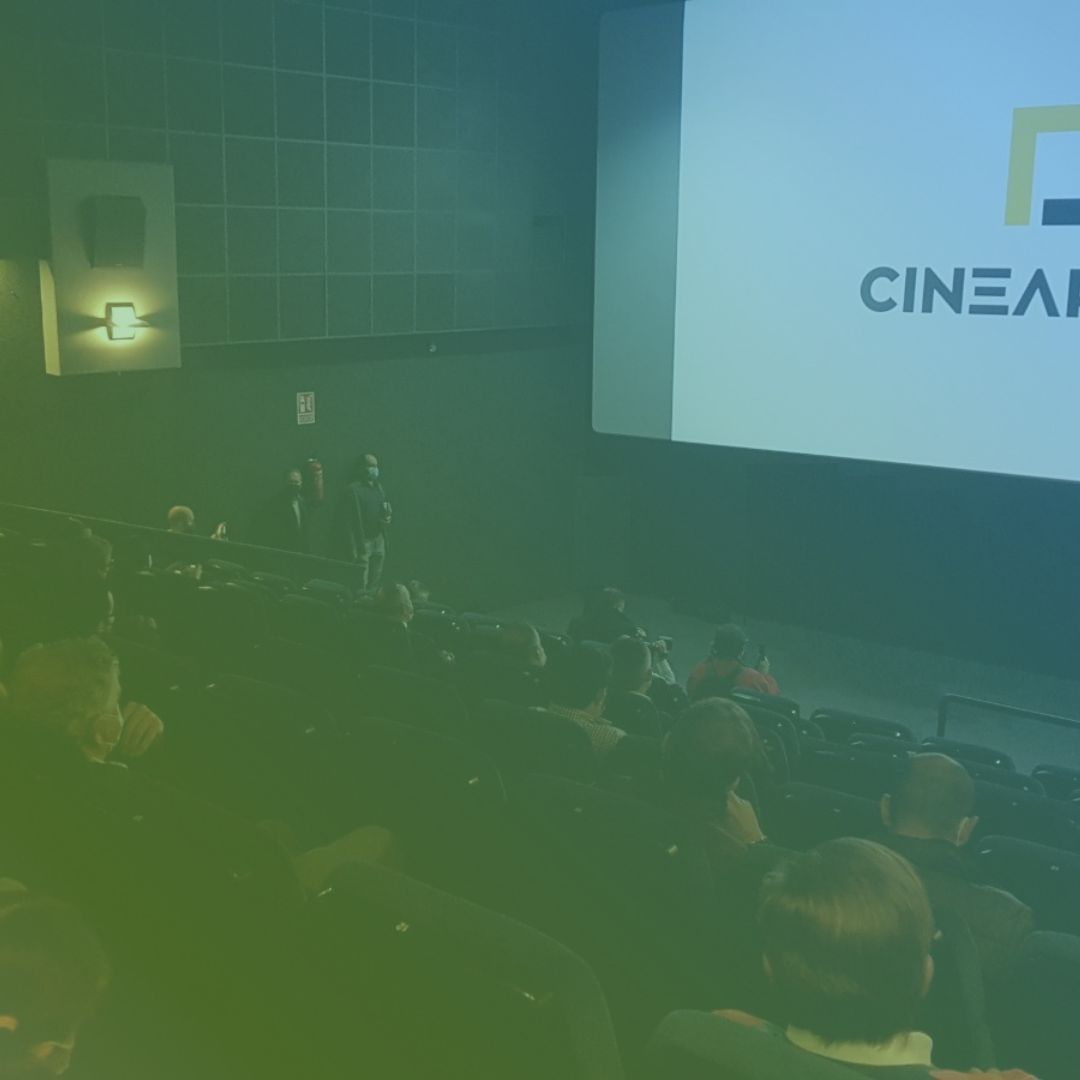
5. Leisure and Entertainment Stores
These establishments are focused on leisure activities; from restaurants, cinemas, bars, and cafes, including spaces for practicing indoor sports such as gyms or bowling alleys. Thanks to this type of establishment, you will invite buyers to spend more time and eventually spend more money. The type of entertainment premises that you will rent within your shopping center will depend on the lifestyle that your clients aspire to or usually do.
Anchor stores, a magnet for buyers
Thanks to the variety of stores in a shopping center, you will be able to capture the attention of shoppers. The presence of an anchor store can be the key to being the main attraction for which shoppers will come to your shopping center; as they are usually the largest and most recognized store.
It should be noted that these types of stores are usually strategically located throughout the shopping center to maximize the flow of shoppers, so keep these factors in mind when distributing the rents of the stores within your shopping center.
If you want to start your commercial business in the shopping center sector or set up your own store, do not hesitate to consult our commercial catalog.


